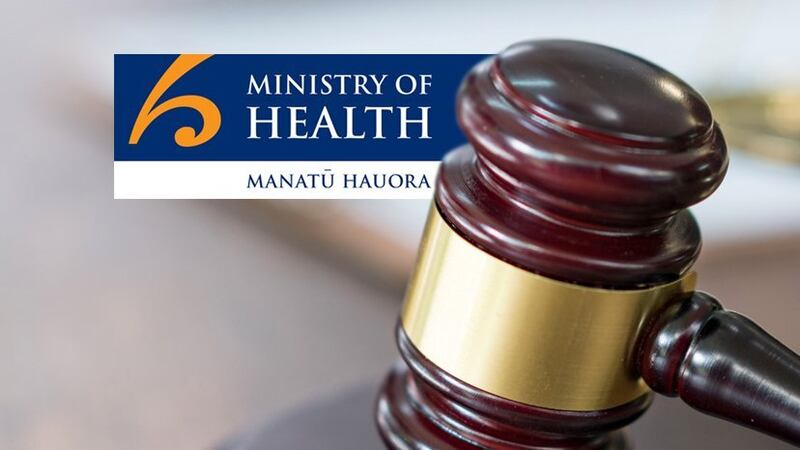In a stinging rebuke, a Wellington High Court judge has told the Ministry of Health to hand over detailed patient data to Whānau Ora so it can vaccinate more Māori against Covid-19.
In her judicial review, Justice Cheryl Gwyn found the ministry’s reasoning for withholding detailed data lacked rigour and was inconsistent. And she said the ministry failed to take into account its obligations for a partnership under the Treaty of Waitangi.
She gave the ministry 72 hours to retake its decision.
“While the ministry did have to weigh a range of factors, it did not do so on the basis of an evidence-based assessment. The decision was to provide only the anonymised, mapping-level data, on the basis that the ministry might, on some unspecified date, and on the basis of some unidentified criteria, review the decision.”
If the ministry had carried out such an assessment that would have brought into sharp focus its obligations under Te Tiriti.
“In the applicants’ submission, having regard to tikanga is an integral part of considering and applying the principles of Te Tiriti. The situation requires the application of a tikanga lens, not just a Pākehā legal lens, in assessing the rights and obligations of the applicants and the whānau they serve,” the judge said.
Health rights not protected
“ In this case, the applicants say tikanga requires a particular focus on the applicants’ kaitiaki The applicants say that the Crown has exercised its power in a way that stymies and delays its delivery of kaupapa Māori health services to Māori in need, in breach of its duty of active protection. obligations to Māori in need, based on their demonstrable expertise, capability and leadership.
The judge agreed it was inconsistent for the ministry to conclude that it could not contact all of the unvaccinated, with their contact details, while at the same time asking Whanau Ora to locate them without their contact details, for the purposes of providing urgently needed vaccine services.
Whanau Ora had told the court that by adopting a “least-privacy invasive approach”, the ministry’s decision did not do all it could to protect the health rights of all Māori. It was insufficient to rely on government-controlled, mainstream, or non-kaupapa Māori services that had to date failed to significantly reduce the disparate rate at which Māori were vaccinated.
Whanau Ora chief executive John Tamihere said today once the data had arrived plans 70 FTEs in 14 vehicles would be sent to Northland for a week-long vaccination push in areas including Hokianga, Kaikohe, Kaitaia and Whangārei.

